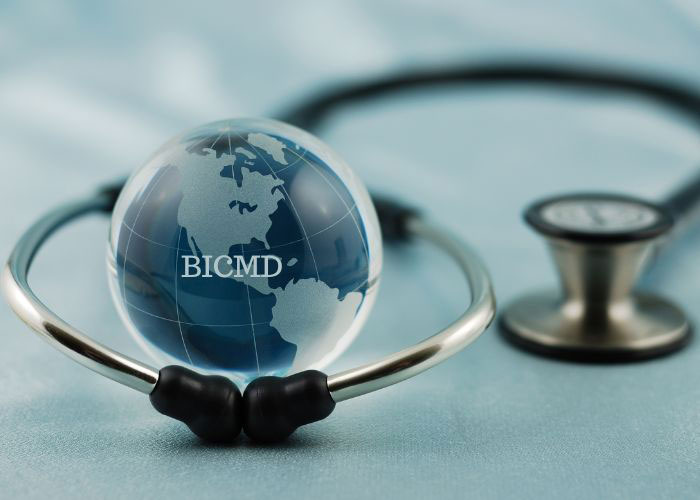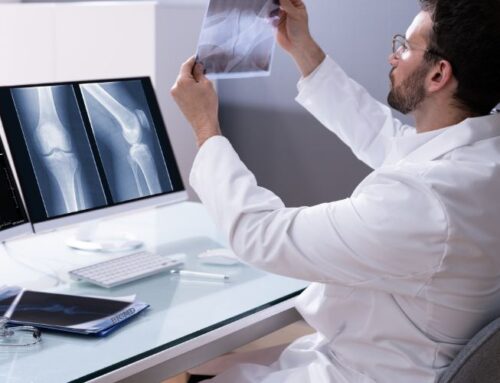What is a Healthcare Desert?
A healthcare desert refers to a region or geographical area where individuals lack adequate access to healthcare providers. Low access can be caused by long travel distances to healthcare facilities, a shortage of medical professionals, and the rising cost of healthcare. Individuals in a healthcare desert often have delayed care, poorer health outcomes, and increased healthcare costs. Individuals in low-income areas and minorities are vulnerable to delayed care, and the lack of healthcare providers and professionals.
Is there a physician shortage?
Yes, there is currently a physician shortage in the United States, and it is predicted to get much worse by the year 2035. The Association of American Medical Colleges (AAMC) projects that the US could face a shortage of up to 86,000 physicians by 2036. Other experts anticipate a shortage of at least 30,000 physicians by 2034. The shortage affects primary care in rural areas which lead to the medical deserts discussed above. Texas and Florida are two states with the greatest areas of physician shortages: ranking 2 and 5 respectively for the greatest deficit of primary care physicians and specialists.
What happens if we don’t have enough doctors?
The cause and effect of health deserts and a dwindling number of trained doctors can cause a number of problems for healthcare seekers in areas with physician shortages. Some problems we are experiencing now include:
- Delayed care
- Preventative care neglect
- Increased reliance of hospital emergency rooms
- Economic impact
- Health disparities between rural areas and suburbs or metropolitan areas.
- Mental health concerns
What can be done about physician shortages?
At Best In Class MD (BICMD) we help to address the national issue of shortages. Our “best-of-the-best” physicians offer telehealth visits and remote expert second opinions for anyone, anywhere in the world. We have demonstratable experience in helping to cover the gap in healthcare availability, especially for patients in healthcare deserts.
What can BICMD do for patients in a healthcare desert?
BICMD not only helps clients in medically underserved areas, but BICMD also helps clients in metropolitan or suburban areas. Our service accomplishes:
- Increased access to expert medical care
- Reduces travel cost
- Improves the patient experience
- Increases flexibility of specialty physicians
- Improves patient outcomes
- Helps unburden the over-taxed system
- Improves clinical well-being
What do I do if I can’t find a primary care doctor or expert physician?
Many who live in a healthcare desert have to find alternatives to recommended treatment providers because there either aren’t any available, or they are too far away for the patient to travel to. The telehealth providers at BICMD are specially trained for a multitude of healthcare needs. Our specialized platform and physicians can help you, even if you don’t live near a healthcare facility. It’s easy to get an appointment, providing you with instant access to the best medical providers in the country.
Why is an expert second opinion a good idea?
A telehealth visit and a second opinion can be obtained at any stage of your care. Many companies and individuals ask for second opinions to verify their doctor’s finding and to explore various treatment options. Second opinions can give peace of mind as well as open up new opportunities for better, individualized care. Our expert physicians recommend getting a second opinion for the following reasons:
- When you don’t have access to an expert or primary care physician
- If symptoms are not improving, or are getting worse
- Anytime surgery is recommended
- If you have a rare condition
- If you, your loved one, or your employer would like the best advice for your treatment.
Best doctor in Texas or Florida:
We often find that Texas and Florida have the densest areas of medical deserts. The great news about telehealth and our expansive BICMD network, is that through BICMD, our clients have access to the best doctors in the country – even if the physician’s office is physically based in New York City (for instance) and you live in rural Texas or a small town in Florida. We can do more than just second opinions: we can point you in the right direction for primary care, give you an initial evaluation, and can offer a program for next steps in your healthcare journey.
Next Steps for Claims Professionals
Strengthen your workers’ compensation strategy with experts from BICMD, available in your area.
- Schedule a Demo to see how our platform connects injured workers with Best In Class Doctors.
- Request a Referral and connect with board-certified physicians who can evaluate workers’ compensation patients.
- Explore Medical Cost Projections and High-Quality IME Reports to drive cost containment and support defensible outcomes.
- Learn More About Our Business Solutions and Contact Us to align with a dedicated account manager and care coordinator for streamlined workers’ comp case support.







